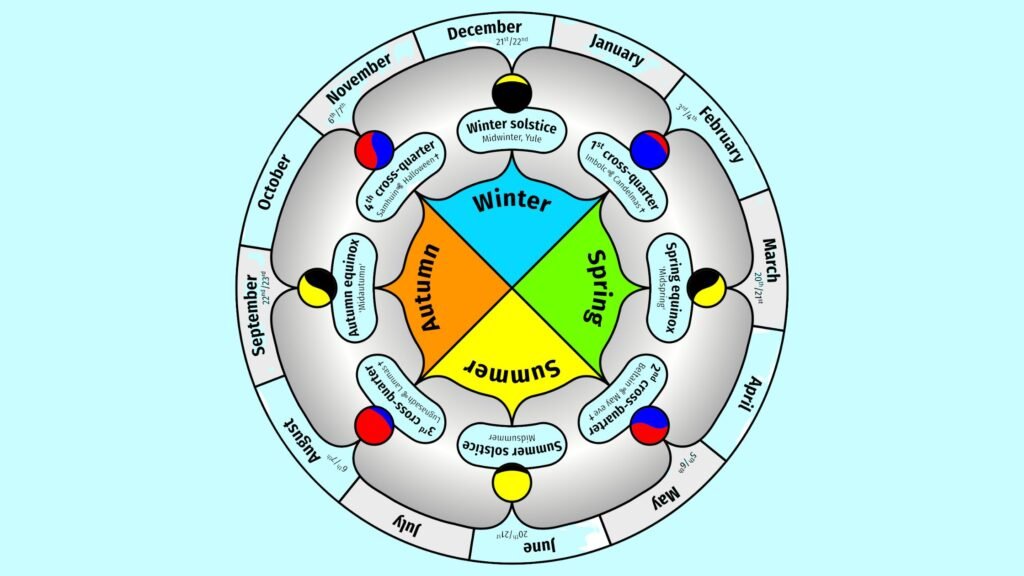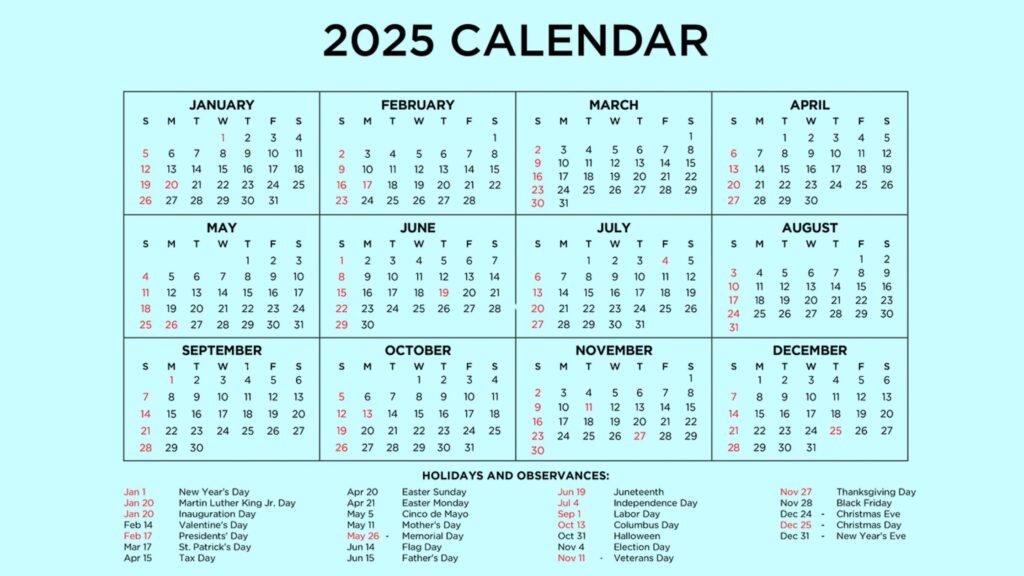Solar Calendar VS Gregorian Calendar: Learn All The Major Differences!
Whether you have recently gotten interested in calendars or you have always been the one to keep an eye on it – you must have heard about solar calendars and the Gregorian calendar.
These two are a couple of the most popular calendars globally, even though it is rare for people to specifically choose the calendar they want to follow.
Now, many people want to know the differences between the solar calendar and the Gregorian calendar.
Are you one of them? Do you want to know how to differentiate them? Then continue reading our comparison between the solar calendar VS Gregorian calendar mentioned below, in this article.
Solar Calendar VS Gregorian Calendar
The solar calendar and the Gregorian calendar are both different types of calendars based on the movement of the sun, and they can be differentiated through factors like origin, structure, and usage.
Solar Calendar

A solar calendar is like any other calendar based on the estimated position of the sun in the sky over one year. It specifically observes the cycle of different seasons caused by the Earth’s orbit around the sun.
Key Features
- The length of one year is approximately 365.24 days according to the tropical year.
- The calendar is designed to stay in sync with all the seasons.
- Sometimes, months might not align with each other consistently in solar calendars.
Examples
- Gregorian calendar – it is the most popular type of solar calendar.
- Persian or Iranian calendar – it is known as the most accurate solar calendar.
- Ancient Egyptian calendar
Gregorian Calendar

The Gregorian calendar, introduced by Pope Gregory XIII in 1582, is the modern International calendar you commonly see today, although it was released to correct errors in the Julian calendar in the early years.
Key Features
- It is the most popular type of solar calendar.
- It has a 365-day year length, with the leap year of 366 days every four years, but with certain exceptions,
- If the years are divisible by 100, they are not seen as leap years.
- The first case is an exception if they are also divisible by 400.
- The calendar keeps the start of spring, the Vernal equinox, around March 20/21.
- It is precisely divided into 12 months with fixed lengths, from 28 days to 31 days.
Usage
- It is regarded as the official calendar in most countries globally.
- It is widely used for international, civil, religious, and business purposes.
Key Differences
Origin
Solar calendars are one category, while the Gregorian calendar is a type of solar calendar – the main difference you need to understand.
Accuracy
While the Gregorian calendar is extremely accurate, with the average year length of 365.2425 days – close to the real solar year, solar calendars work with approximate lengths.
Leap Year Rule
For solar calendars in general, the leap year rules can be different for different systems, whereas for the Gregorian calendar, the rules are fixed (divisible by 4, 100, and 400).
Final Words
In conclusion, since you are confused between solar calendars and the Gregorian calendar, we suggest you go with the Gregorian calendar because it comes under the solar calendar category and is accurate.
That is all for this article, and we hope our comparison between the solar calendar VS Gregorian calendar was helpful to you.
Frequently Asked Questions
Are solar calendars and Gregorian calendars the same?
No, although both solar calendars and the Gregorian calendar follow the movement of the sun, solar calendars are a specific category for calendars whereas the Gregorian calendar is a type of solar calendar.
What is the difference between the solar calendar and the Gregorian calendar?
The main differences between the solar calendar and the Gregorian calendar are that the solar calendar has different leap year rules and is approximate for year lengths, while the Gregorian calendar has fixed leap year rules and is very accurate for year lengths.




![How To Print Borderless In Epson I3210? Step-By-Step Guide [2025]](https://freentable.com/wp-content/uploads/How-To-Print-Borderless-In-Epson-I3210-768x432.jpg)
![Fantastical VS Apple Calendar: Which One Is Worth It? [2025]](https://freentable.com/wp-content/uploads/Fantastical-VS-Apple-Calendar-768x432.jpg)

